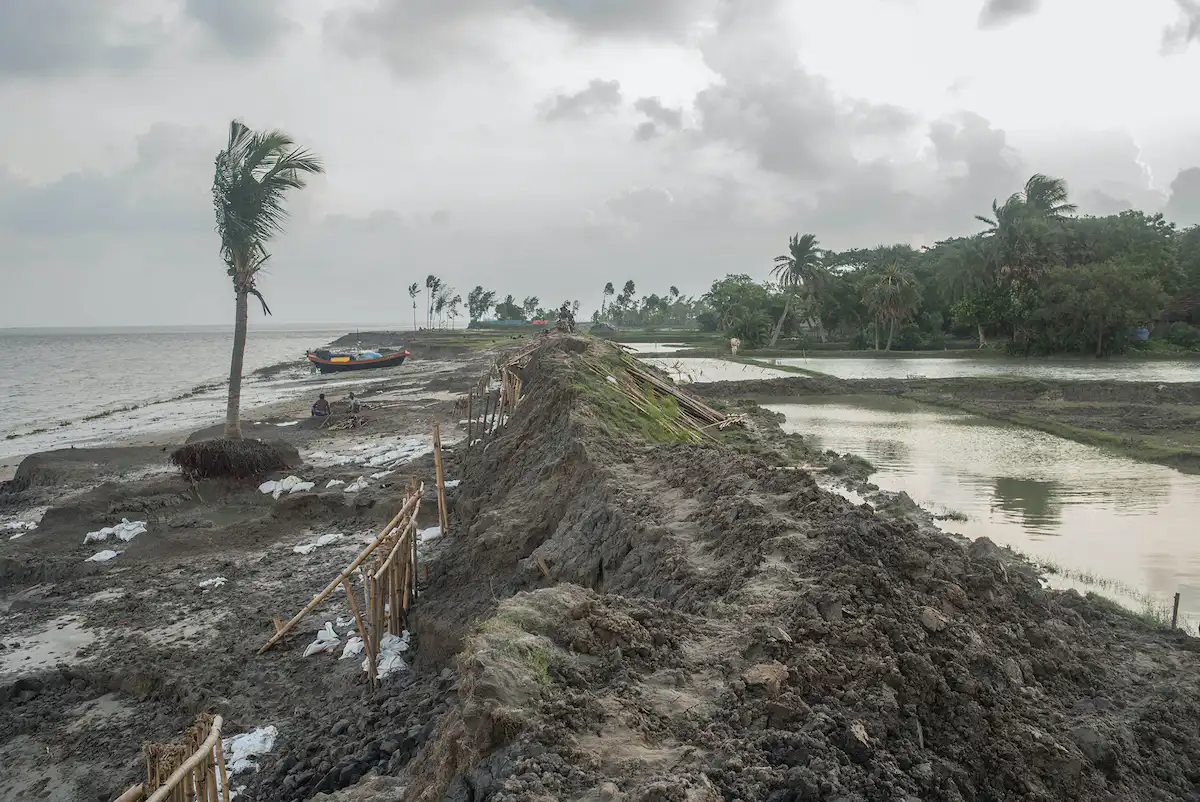When climate adaptation exacerbates the problems
Maladaptation is usually understood as referring to the unintended consequences of well-meant measures to reduce climate vulnerability. But it also includes the fallout from decisions that favour technical fixes over more holistic approaches.
Climate adaptation is not a neutral or apolitical process. It can perpetuate problematic approaches, including colonial land practices and the exclusion of Indigenous voices. This can create tenuous resource distribution, erode democratic governance and compromise Indigenous sovereignty, exacerbating vulnerabilities. It can also subvert community-driven bottom-up adaptation, instead focusing on national agendas caught up in international politics.
Useful points in this Conversation article by Ritodhi Chakraborty and Claire Burgess:
